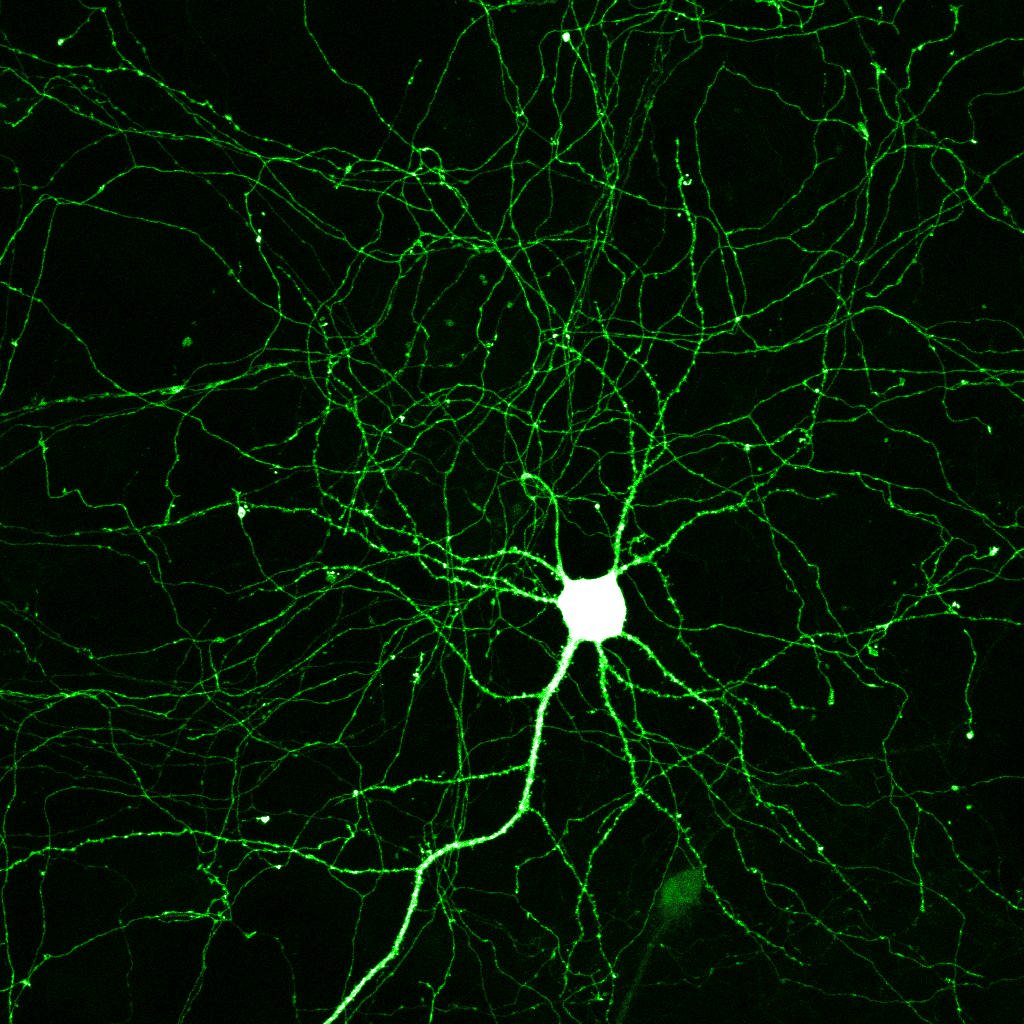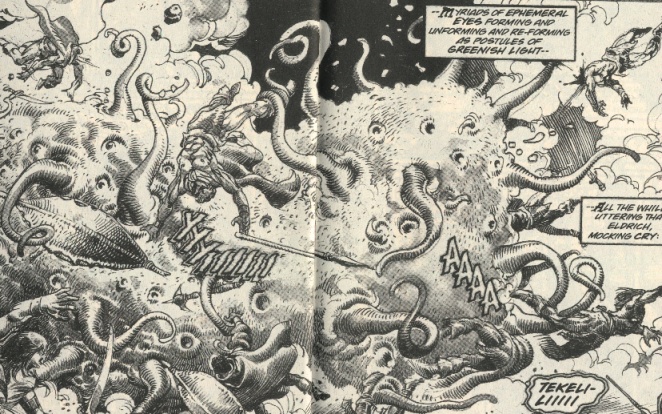![]()
Goldsmiths, University of London
Department of Visual Cultures
Thursday 10th of May, 5:00pm, SMALL HALL
New Cross
London SE14 6NW, UK
Just knew there had to be a rigorous apprehension of urbanization as intensive magnitude out there somewhere. Here it is (via the gene expression cog-stim laboratory)

Cities are self-assembling time-machines or intensive events that cannot expand without changing in nature, drawing down the future in compressive waves.
Even average walking speed rises (nonlinearly!) as a function of urban concentration.

The brain chip schedule seems to be compressing fast.
Can a chunk of silicon really stand in for brain cells? I ask. “I don’t need a grand theory of the mind to fix what is essentially a signal-processing problem,” [Berger] says. “A repairman doesn’t need to understand music to fix your broken CD player.”
(via Glenn Reynolds)
But the most dramatic achievement in humans so far is a neurosensor under development by brain researcher John Donoghue and his colleagues at Brown University. When placed over the brain’s motor-cortex area, the sensor enables quadriplegics to open and close a prosthetic hand merely by thinking about doing it. This technology, called BrainGate, allows the machine to convert the electronic signals coming from the brain (“I want to move this hand”) into motor activity by using algorithms embedded in a software chip. “The possibilities are limitless,” says Elizabeth Razee of Cyberkinetics Neurotechnology Systems, a firm in Foxborough, Massachusetts, that hopes to bring BrainGate to market by 2009.
Cyberkinetics’s work bears some similarity to Berger’s. Both convert brain signals into code that can be interpreted and translated by a computer. But Berger has set himself the more difficult challenge. BrainGate offers a one-way link between mind and machine: The user can talk to a computer but not vice versa. Berger’s brain chip operates in two directions, functioning as a bridge over damaged cells.
Any guesses on how long we have to wait before a full hot-head neurotronics package becomes available for cash in the back-street clinics of Bangkok?
Clausewitz in Wonderland by Tony Corn.
Probably the most insightful contribution to the topic to date.
(via Joe Katzman at Winds of Change)

It's always a bad sign when distorted psychic echoes of that last terrible discussion with Uncle Hank resound once again, while outside the stars seem to be coming right ...
He told me something I later recalled when reading Charles Stross' Accelerando:
"You've got to understand that Alpha Technosapiens is always basically as unintelligent as possible. Wouldn't matter so much, 'cept somewhere down the line that needs dealing with, which can get very messy ..."
As soon as a species hits technocultural runaway -- Metrophage arrival as Downham describes it -- things happen so fast that the evolution of intelligence is effectively frozen. Dimwitted ape goes crashing into history, completely unable to cope, dragging all kinds of lurid memetic idiocies with it, on its way to more-or-less inevitable collision with something vast and incomprehensible.
The closer we get, the more maladapted monkey panic locks in, the more stupid we get, the more horrible the crash is going to be. Weirdly close to a Lovecraft scenario, come to think of it ...